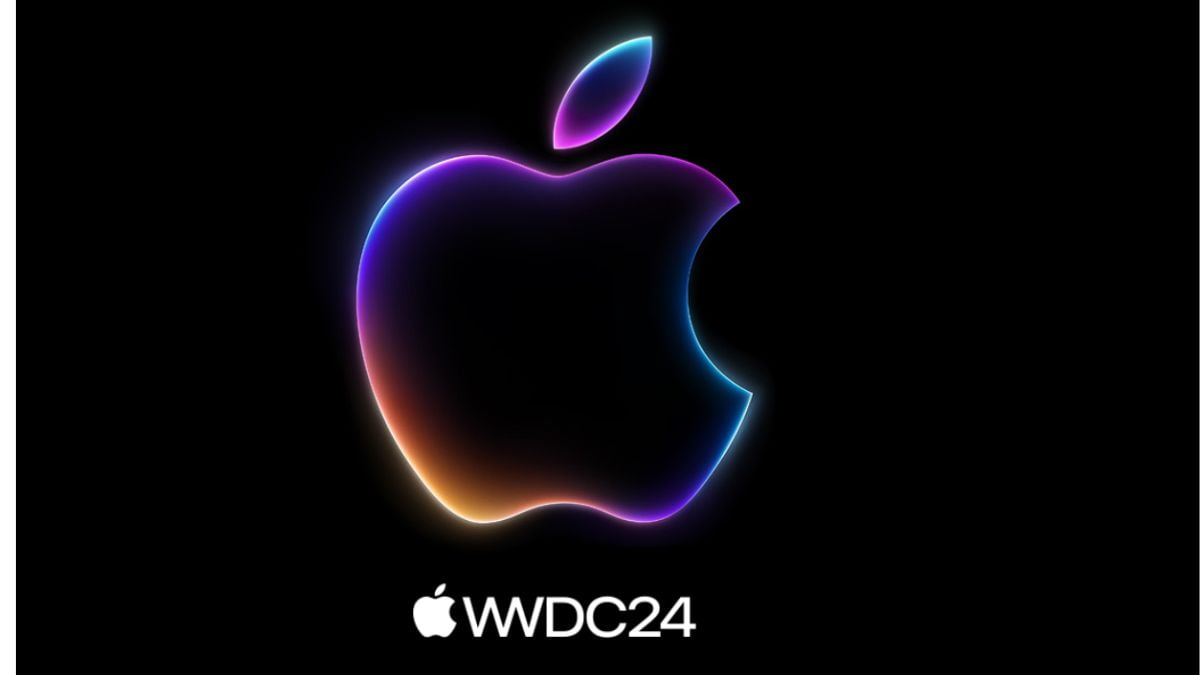As the smartphone market evolves, Apple is betting big on artificial intelligence (AI) to persuade users to upgrade their iPhones.
The trend is clear: more people are holding onto their older phones longer, and the secondary market for used smartphones is booming.
According to the research firm IDC, shipments of used smartphones increased by nearly 10 percent in 2023, reaching 309.4 million units, up from 282.6 million the previous year. For many users, a good phone remains just that—good enough.
Apple is aiming to change that perception by integrating AI into its devices. The company is highlighting privacy as a key feature of its AI package.

Apple Intelligence, as it is called, is integrated into the core of iPhones, iPads, and Macs through on-device processing. Unlike many other tech companies, Apple uses its own large language models (LLMs) rather than relying on external models.
When an iPhone cannot process a user’s actions or queries on-device, Apple Intelligence sends the data to a server running on Apple silicon, ensuring that personal data remains secure.
AI Could Be Apple’s Best Bet for Getting You to Upgrade Your iPhone
This raises an important question: If Apple is offloading some processing to its cloud, could slightly older iPhones, like the iPhone 14 Pro with its older chip, also benefit from this AI upgrade?
Michael Gartenberg, a consumer technology analyst at Flash Advisory & Research and a former Apple employee, suggests that Apple may be leveraging this opportunity to encourage upgrades.
“I can’t technically say if Apple is being disingenuous about which devices can run this,” Gartenberg says. “But I do know iPhones can already run ChatGPT and many of Google’s AI features, so this might be Apple’s way of telling you the iPhone 13 really isn’t good enough anymore.”
Another concern is whether Apple Intelligence will delay iPhone purchases until its release, potentially stalling the current buying cycle. Gartenberg notes this could be a risk, especially since Americans are slightly more concerned than excited about generative AI, according to a Pew survey.
Additionally, Apple Intelligence will initially be available only in US English. This limitation means it might not boost iPhone sales immediately in markets like China, a crucial region for Apple. Carolina Milanesi, founder of the research firm Heart of Tech, points out that future updates will be key.
“It depends on how they roll out experiences to other countries,” Milanesi says. For example, features like AI-generated Genmoji could be introduced before more complex language-based features.
Milanesi predicts a more significant update cycle next year when additional languages are added. In China, Apple will also need to address data storage and language support issues.
Despite these challenges, Apple now has a new strategy to entice iPhone buyers to upgrade.
This time, it’s not just about a new camera in a familiar design. Apple will likely emphasize that newer iPhones are smarter smartphones, offering a more refined AI experience compared to existing AI chat platforms.
Apple has a history of leveraging new features to drive sales. The introduction of the iPhone X with its advanced Face ID technology and the iPhone 12 with 5G capabilities are examples of how Apple creates compelling reasons for users to upgrade. The company’s focus on AI could be the next chapter in this strategy.

The rise of AI in smartphones is not unique to Apple. Competitors like Google and Samsung have also been integrating AI into their devices.
Google’s Pixel phones, for instance, use AI to enhance photography and provide advanced voice assistant capabilities. Samsung’s Galaxy series features AI-driven improvements in camera functionality and device performance. Apple’s challenge will be to differentiate its AI offerings from those of its rivals.
One way Apple might do this is by emphasizing privacy. In an era where data security is a significant concern, Apple’s commitment to on-device processing and secure data handling could be a powerful selling point.
The company’s consistent messaging about user privacy could resonate well with consumers who are wary of how their data is used.
Apple’s AI strategy also includes enhancements across its ecosystem. For example, Apple Music and Apple TV+ could see AI-driven improvements in content recommendations, making these services more attractive to users.
Similarly, AI could enhance the functionality of the Apple Watch, making health monitoring and fitness tracking more intuitive and accurate.
As Apple continues to innovate with AI, it will need to ensure that these advancements are accessible and beneficial to users.
The success of Apple Intelligence will depend not only on its technological capabilities but also on how well it integrates with the daily lives of iPhone users.
If Apple can demonstrate tangible benefits, it may successfully persuade users to upgrade their devices.
Moreover, Apple’s approach to AI could influence the broader tech industry. As a market leader, Apple’s strategies often set trends that other companies follow.
If Apple’s AI initiatives prove successful, we may see a broader push towards AI-driven features in consumer electronics.
AI represents a significant opportunity for Apple to encourage iPhone upgrades. By integrating AI deeply into its devices and emphasizing privacy, Apple is positioning itself to appeal to a broad range of users.
The rollout of Apple Intelligence and its subsequent updates will be critical in determining whether this strategy succeeds. For now, Apple is betting that smarter iPhones will be the key to driving its next wave of sales.


I wanted to thank you for this great read!! I definitely enjoying every little bit of it I have you bookmarked to check out new stuff you post…